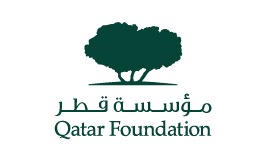The discussion around climate change has taken on a new urgency, largely driven by a new generation taking action. What unique powers - and therefore responsibilities - do young people have to produce results on this issue? Should the priority be influencing policy, changing consumer behavior, or planning for a warmer planet?
In the context of both emergencies and protracted crises, education is a trending topic. The choice of curriculum is a complex issue that can be highly politicized by host governments, but emotive for refugee communities. Education politics are able to provoke sensitivities around an individual’s identity and culture.
Should refugees have the choice of studying the curriculum of their country of origin? Whose history, language, or literature should be taught in areas of conflict, and who is qualified to teach them? These are big questions, often going to the root of seemingly intractable political problems.
Whether based on race, religion, or politics, the lure of extremism poses a particular threat to youth. Educators are the cornerstone of current efforts to prevent the most vulnerable young people from becoming radicalized. Schools play a crucial role in educating these young people to develop critical thinking and become resilient to violent ideologies, irrespective of their socio-economic, religious or ethnic background.
What role does education play in preventing children from radicalization? Can education be counterproductive and nurture certain stereotypes, or will providing quality education alleviate the causes of radicalization? What should be done to prevent youth from becoming radicalized?

